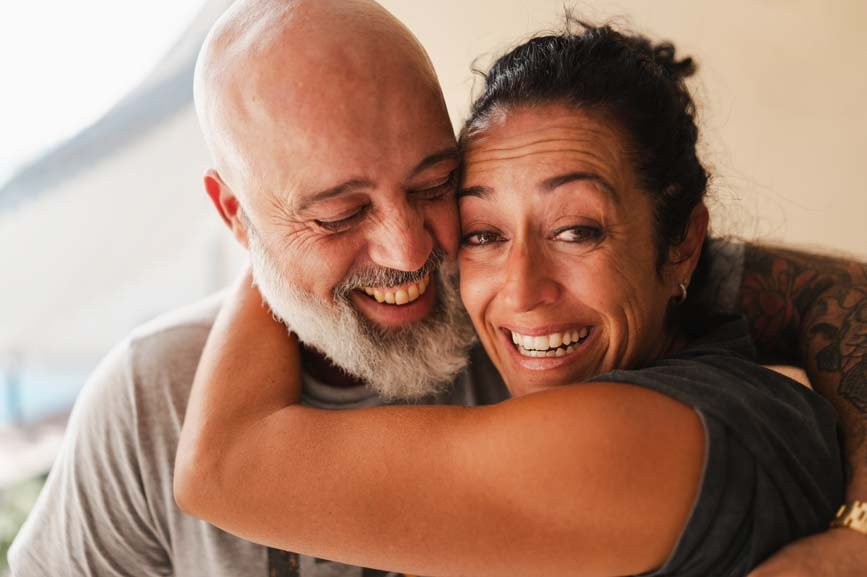I tell my clients all the time that there is no unconditional love in adult relationships.
“What'? Mike, I thought you really want people to feel loved in their relationships? I thought you really want people to be vulnerable? I thought you really want couples to be happy?”
All of that is true. But having no conditions takes away the value that you bring to relationships through your loving kindness, effort, and vulnerability. This also opens you up for abuse. Let me explain.
Relationships, especially long-term intimate relationships like marriage, are a “built thing.” Anyone who has been in a long term relationship knows that the initial courtship can be filled with magic and butterflies, but can sometimes quickly fade into arguments or divergent lives if not maintained. That’s because the initial courtship is just a small part of long term relationships. The rest is built over time, vulnerability, and care for the other person.
If you’ve been married for over a year, you can understand that even the vows that you speak in your wedding can just be the start of something you’ve built over time. This built thing is created every time you ask your spouse how their day was. This built thing isn’t the beautiful prose of your wedding vows. The built thing is that daily reminder of their empathy, trust, and reliability in hard emotional times.
The Special Case of Parental Love
In the realm of parental affection, unconditional love serves a critical function. Children, in their journey of growth and discovery, benefit immensely from knowing that their value to their parents is not contingent on their achievements or failures. This unconditional support fosters a sense of security and belonging, essential for healthy development. It ensures that children feel free to explore, learn from their mistakes, and evolve without fear of losing their parents' love.
Children need this unconditional love because they spend over 20 years growing into adults. That’s a really hard job, and it requires a tremendous amount of patience and understanding on the part of parents to tolerate mistakes. It requires unconditional love because children have little capacity to repay the patience and support parents give to them.
The Importance of Boundaries
Moreover, healthy adult relationships necessitate the establishment of boundaries. These are not limitations on love but rather parameters that ensure mutual respect and care. Boundaries delineate what is acceptable within the relationship, safeguarding the well-being of both partners. Contrary to the concept of unconditional love, which implies acceptance of any behavior, setting boundaries underscores that respect and consideration are vital for a relationship’s longevity.
The Pitfalls of Unconditional Love in Adulthood
Adhering strictly to the principle of unconditional love in adult relationships can inadvertently open the door to unhealthy dynamics, including tolerance of abusive behavior. The belief that love must endure all actions without consequence can trap individuals in detrimental situations, mistaking endurance for strength of commitment. Genuine love in adult relationships involves a balance of support, respect, and mutual growth, recognizing that enduring mistreatment is not a testament to love's depth.
While the allure of unconditional love is understandable, its application in adult relationships is fraught with complexities. True love among adults is characterized by a shared journey of trust-building, mutual respect, and the establishment of healthy boundaries. This approach acknowledges the reality that while love can be profound and enduring, it should also nurture personal growth and mutual well-being, rather than challenge it. In moving beyond the myth of unconditional love, we open ourselves to more realistic, enriching, and sustainable partnerships.
If you are needing help from a trained marriage and family therapist who specializes in couples, contact me. If you want to know more about dynamics in relationships, look at my Marriage Counseling page. If you are in Minnesota, I can help in person or on video. Contact me by phone: 612-230-7171 or email through my contact page. Or you can click on the button below and self-schedule a time to talk by phone or video.



